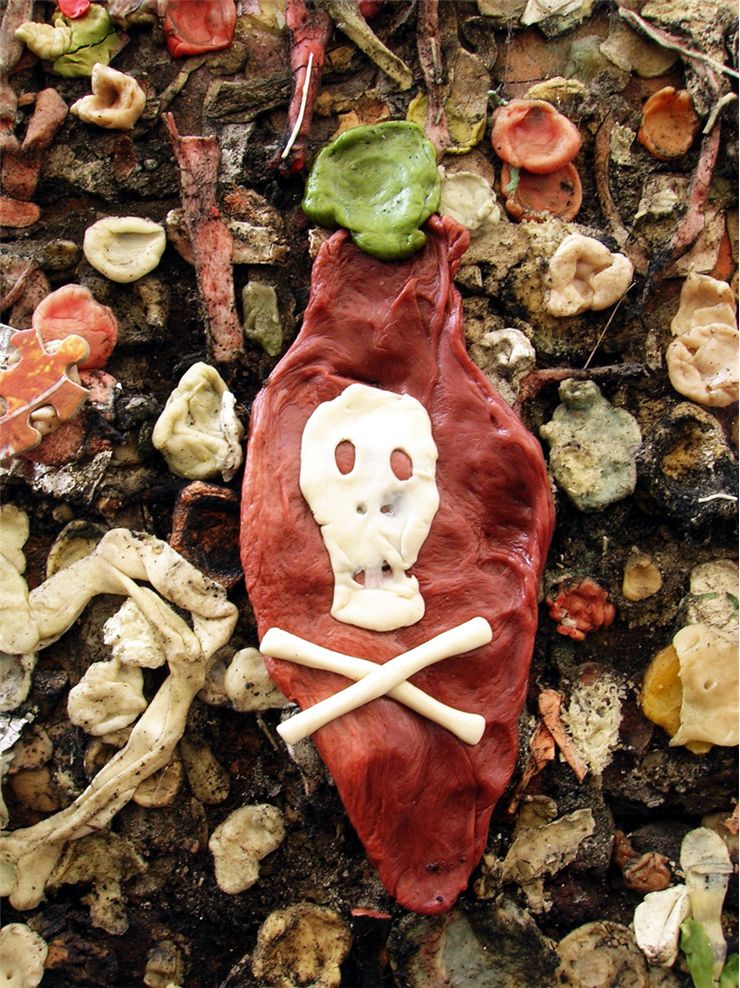Why Chewing Gum is Not Allowed in Singapore?
During its long history, the small country of Singapore tried for centuries to win its independence from the hands of various empires (China, Sultanate of Johor, and others). As a British Colony, they survived the Japanese World War 2 occupation (1942-1945) and finally declared independence on 31 August 1963 as a part of Malaysia (two years later, they also separated from them). In the following years, Singapore established its robust manufacturing industry, which, together with its excellent sea trade routes position, brought immense wealth to the entire country.
This sudden economic boom also brought rise to widespread vandalism in the younger parts of their population. Public city workers during the early 1980s needed help cleaning the city streets, staircases, elevators, pavements, city busses, and other public areas from never-ending chewing gum waste. The first official mention of this problem came in 1983 when Prime Minister Lee Kuan Yew received the first draft of the proposal that wanted to ban the use of chewing gum, but it was not passed. In 1987, Singapore unveiled its new $5 billion metro system, but unfortunately, it soon became the target of never-ending vandalism attacks. Chewing gums were constantly left on the top of the seats, hand-holders, and even automatic door sensors (which brought significant financial problems to the metro maintenance staff).

The official chewing gum ban became active in 1992 with the acceptance of the Control of Manufacture Act (Singapore Statute Chapter 57), which restricted the use, distribution, and trade of all chewing gums. Police started enforcing strict measures to punish anyone who disturbed the public areas with chewing gum leftovers and spitting. Importing all types of chewing gums ceased immediately, but a minor window remained in place for local stores to sell their dwindling stock. In 2004, international pressure from the United States changed the Singaporean law that reinstated the legal use of small amounts of therapeutic dental chewing gums. Their service is heavily regulated and has to be purchased directly from a dentist or doctor (if they fail to send your credentials to the government, they can be jailed for up to two years and fined $3,000).
Tourists that visit Singapore can bring chewing gum with them, but only a maximum of two packs per person. Any more than that, they will be susceptible to being charged with "gum smuggling," which carries the penalty of one year in jail and a $5,500 fine. People caught leaving chewing gum remains in the public space can be charged with a monetary fine, community work, or often - public beating with a bamboo stick.
The black market for "chewing gums" does not exist in Singapore, and the majority of the population that wants to enjoy them goes to neighboring countries where they are legal. To this day, Singaporean 16-year-old kids can more easily visit prostitutes (legal in some parts of the country) than gain possession of chewing gum.
